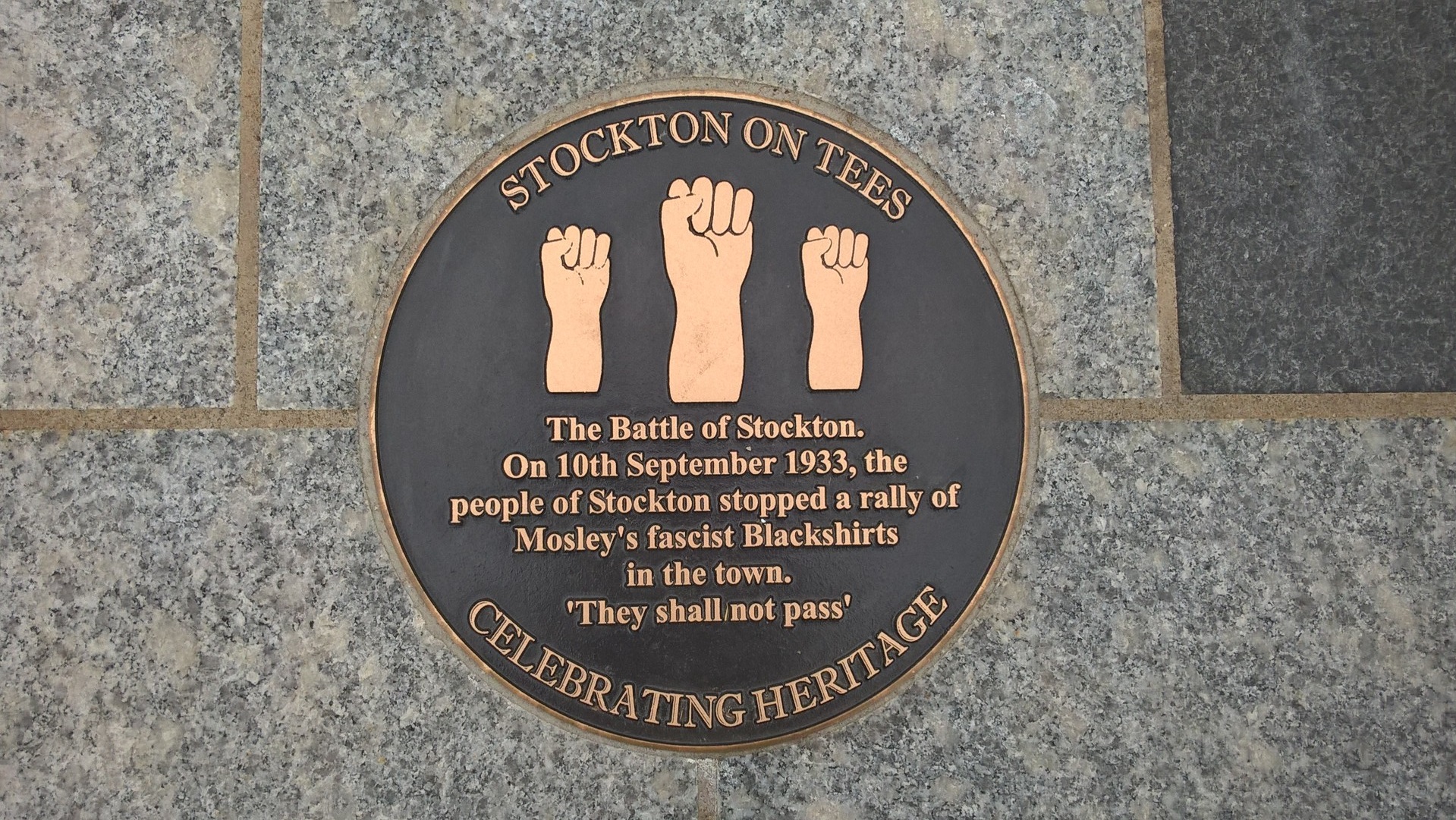Hero Seacole honoured at last
Following a 12 year campaign, a statue of Jamaican-born nurse Mary Seacole – the first memorial statue of a named black woman in the UK – was unveiled yesterday (June 30) on the grounds of St. Thomas Hospital in London, opposite the Houses of Parliament.
Unite has been involved in the campaign to construct the statue of the iconic pioneering nurse, who cared for British soldiers during the Crimean War even after the War Office rejected her application to assist.
Seacole’s contributions had largely been forgotten but the 21st century has seen a concerted effort to revive her legacy. In 2004, she was voted number one in an online poll of the 100 Greatest Black Britons and in 2007 she was introduced into the National Curriculum – her story is now taught in primary schools across the UK.
The campaign to build the statue, which has been more than a decade in the making, raised more than ÂŁ500,000 to see the project through to completion.
On the statue are inscribed words written in 1857 by the Times newspaper’s Crimean War Correspondent, Sir William Howard Russell.
“I trust that England will not forget one who nursed her sick, who sought out her wounded to aid and succour them, and who performed the last offices for some of her illustrious dead,” Russell wrote at the time.
The statue campaigners hope that the memorial will “capture the spirit of Mary and reflect her great achievements, remind the public of the importance of the nursing profession, and remind the public of Britain’s greatest black heroine who gave her life’s work in support of others.”
Unite lead professional officer Obi Amadi, who has also served as an ambassador for the Mary Seacole Memorial campaign, hailed the completion of the project to commemorate Seacole.
“I feel so proud to see that one of our icons is being recognised as the national treasure she is,” she said. “What makes this so special and personal for me is that the money we have all raised is there for us all to see and know the part we played in making history.
“I am sure she will not be forgotten again as she was in post Victorian times.”
Amadi explained why Seacole and her work were so relevant to today’s generation.
“Today’s female doctors, nurses, other health staff and charity workers bringing aid and succour to the waves of refugees entering Turkey and Europe, because of the Syrian conflict, are the direct descendants of the Mary Seacole tradition – and also of Florence Nightingale,” she said.
“Where Seacole and Nightingale diverge is their backgrounds and ethnicity; Florence’s background was highly privileged, while Mary had to struggle against prejudice because of the colour of her skin.”
Achievements
Amadi recounted Seacole’s major achievements.
“She travelled widely before arriving in England in 1854 where she asked the War Office to send her to the Crimea as a nurse as there was a chronic shortage of medical facilities,” she said.
“She was refused and so funded herself where she set up the British hotel where she fed and looked after wounded officers. She visited the battlefield to nurse the wounded, showing courage and determination.
“The abolition of slavery in the British Empire in 1833, meant not only did Mary face the legacy of being perceived as an ex-slave, although because of her parentage she was born free, but also that of a woman traditionally subservient to a man,” Amadi noted, calling this “a double whammy of inequality.
“She didn’t let anyone or anything dampen her resolve, such was her passion, she always found another way,” she added. “She did what few other women did in the Victorian age – she travelled, ran a business and went to war – spending time on the frontline.”
Amadi highlighted Seacole’s legacy in the context of women’s struggle for equality.
“Substantial progress has been made in the last century, but the journey for women to achieve full equality is not yet ended; there are many miles still to be travelled,” she said.
“I hope as a woman and also a woman of colour that when my eight-year-old daughter Ogechi becomes a woman she doesn’t have to face and fight through the same obstacles that her grandmother and I have had to do,” Amadi added.
“Mary Seacole still remains a beacon and a shining light for this generation of women.”
Find out more about Mary Seacole and her memorial campaign here.
The general public was invited to view the statue on Thursday afternoon (June 20), as well as on July 1, from 9am to 5pm.
 Like
Like Follow
Follow


